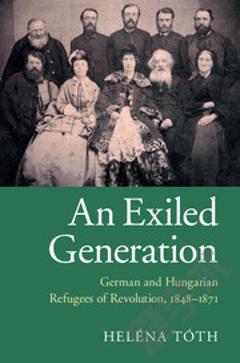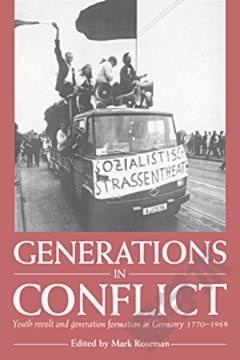An Exiled Generation: German and Hungarian Refugees of Revolution, 1848–1871
Focusing on émigrés from Baden, Württemberg and Hungary in four host societies (Switzerland, the Ottoman Empire, England and the United States), Heléna Tóth considers exile in the aftermath of the revolutions of 1848–9 as a European phenomenon with global dimensions. While exile is often presented as an individual challenge, Tóth studies its collective aspects in the realms of the family and of professional and social networks. Exploring the interconnectedness of these areas, she argues that although we often like to sharply distinguish between labor migration and exile, these categories were anything but stable after the revolutions of 1848–9; migration belonged to the personal narrative of the revolution for a broad section of the population. Moreover, discussions about exile and amnesty played a central role in formulating the legacy of the revolutions not only for the émigrés but for their social environment and, ultimately, the governments of the restoration.
{{comment.content}}








 京公网安备 11010802027623号
京公网安备 11010802027623号